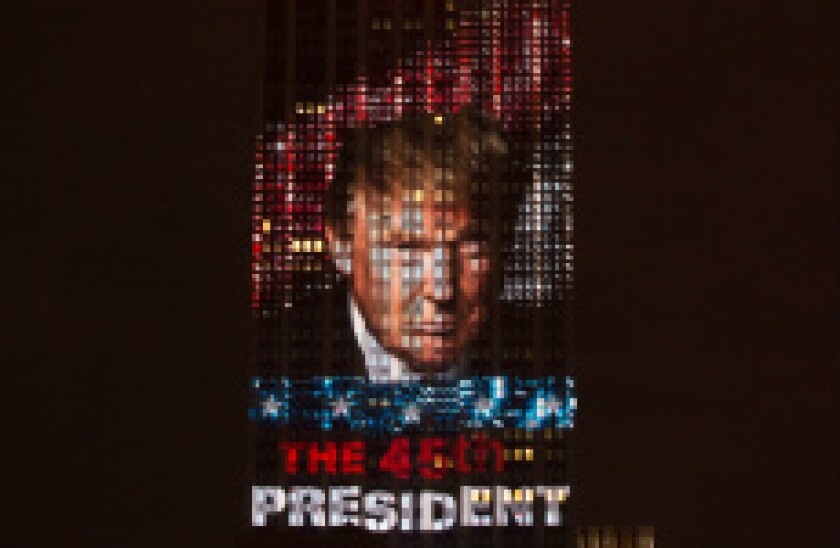US-China trade relationship has taken on a new twist. On August 1, US president Donald Trump announced on Twitter that US trade representatives had returned after “constructive talks”. Perhaps he meant "destructive" — in the same tweet, he said the US will impose a 10% tariff on the remaining $300bn of Chinese imports from next month.
China quickly plotted its response. On Monday, the State Administration of Foreign Exchange set the daily fixing of USD/CNY at 6.9225, the first time since last December that the rate was fixed above 6.9.
Onshore FX traders viewed this move as an official nod from the regulators for the currency to break the psychological level of seven. They were right. By 9:34am local time, both onshore renminbi (CNY) and offshore renminbi (CNH) weakened beyond seven against the dollar.
When the market closed on Monday, the CNY was trading at 7.0352 — the weakest level in more than a decade. That, of course, triggered a retaliatory move from the US. What's a trade war without tit-for-tat responses?
The US Treasury labelled China a currency manipulator on the same day, the first time it has done so since 1994. In a statement, the treasury department justified its decision based on China’s “long history of facilitating an undervalued currency through protracted, large-scale intervention in the foreign exchange market”.
Treasury secretary Steven Mnuchin also cited the words of Yi Gang, governor of the People’s Bank of China, as evidence of China’s “extensive experience manipulating its currency” and how it “remains prepared to do so on an ongoing basis”.
All are very strong statements. But is the US barking up the wrong tree?
That China has long been controlling its currency is acknowledged widely even among bankers in the Mainland. But at least five bankers told GlobalRMB that it was exactly because the central bank did not manipulate the renminbi that it was able to break seven on Monday. Should the Chinese regulators stop keeping the currency artificially strong, the renminbi would have gone far beyond eight, they added.
After calling China a currency manipulator, the short-term impact was immediate. Stocks both in Asia and the US tumbled and other Asian currencies also weakened. But more importantly, it reflected the fact that the US’s decision showed it was running out of readily available options to retaliate as China uses the renminbi as a weapon.
For starters, the statement from the US treasury department made it clear that the decision around currency manipulation was not based on the usual Trade Facilitation and Trade Enforcement Act of 2015, which has three specific criteria for identifying currency manipulators. Rather, it was based on the 1988 Omnibus Trade and Competitiveness Act, which gives the secretary of the treasury, now Mnuchin, the right to make the decision himself.
The designation also cannot cause much damage to China.
While the title will subject the Mainland to punitive tariffs, the US has already done plenty during the ongoing trade war.
Mnuchin wants to engage with the International Monetary Fund to “eliminate the unfair competitive advantage created by China’s latest actions”. But the IMF found no evidence of tampering with the currency when it looked into the matter just a few months ago. Instead, it had said that China’s currency position is “warranted by fundamentals and desirable policies”. Not the response Mnuchin was hoping for.
China is also in a relatively strong position. Its overall trade surplus has risen this year despite the tariffs, in line with the US. Its foreign exchange reserves are stable at around $3tr.
In addition, the PBoC said on Tuesday that it “has not used and will not use the exchange rate as a tool to deal with trade disputes”. It also announced plans to issue Rmb30bn ($4.3bn) of offshore renminbi central bank bills in Hong Kong — a typical way to prop up the offshore exchange rate by absorbing liquidity.
Should China continue to open more fronts in the trade war, the US may need to upgrade its tools for retaliation. It has long dangled the threat of labelling China a currency manipulator. Now it has done so, Trump and his cohorts will have to find the next big move. And thus, the escalation continues.

